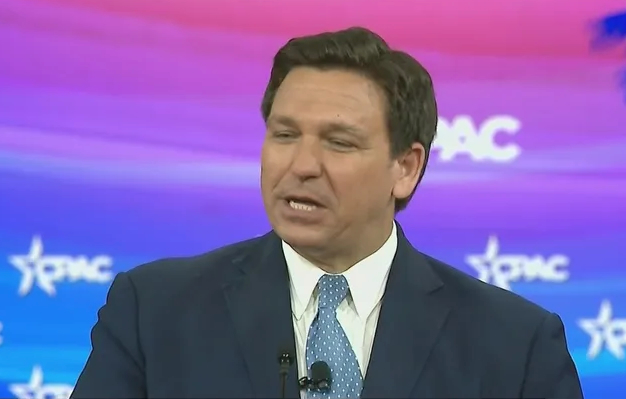Gov. Ron DeSantis of Florida has announced that his state is expanding its efforts to remove diversity, equity and inclusion funding from public universities. It’s part of a broader Higher Education Reform legislation. In addition, underperforming professors are also going to fall under greater scrutiny. Is this an example that North Carolina should follow?
When it comes to education, parents remain greatly concerned about Critical Race Theory (CRT) and how that curriculum has infiltrated classrooms from the elementary to the university level. Many states have debated or signed into law legislation against such indoctrination, especially for school-age children.
Florida is leading the charge in many ways on this issue via its “Stop Woke Act,” and now it’s extended even further at the university level. It’s an important step as it will minimize CRT influenced diversity, equity and inclusion (DEI) curricula from funneling into classrooms in the future via teachers.
In a speech, DeSantis said, “It really serves as an ideological filter. We probably are the first state that’s actually leading by example, but I can tell you those bureaucracies are not representative of what the people of this state and the taxpayers of this state want.”
As part of this effort, he’s asking for a “detailed account of expenditures related to DEI initiatives” as the government mulls over proposals. The goal is to “eliminate all DEI and CRT bureaucracies in the state of Florida” so that such programs will “wither on the vine” as he considers them “hostile to academic freedom.”
“Amongst its many provisions, the legislation will ensure Florida’s public universities and colleges are grounded in the history and philosophy of Western Civilization; prohibit DEI, CRT and other discriminatory programs and barriers to learning; and course correct universities’ missions to align education for citizenship of the constitutional republic and Florida’s existing and emerging workforce needs,” DeSantis’ office said in a press statement.
In addition, professors will also be under greater scrutiny, as DeSantis and his team will work to identify“unproductive” tenured professors in the state’s public university system who are the “most significant deadweight costs.”
The “Stop Woke Act” was already having an impact, with many professors scrapping their racially focused courses over concerns about how the state will perceive them. These concerns will likely expand in the coming years.
This effort by DeSantis is clearly having an impact on university education. Is it something that North Carolina should consider as well.
The Tar Heel State, especially the Raleigh-Durham area, contains two of the best universities in the country: UNC Chapel Hill and Duke University, identified as #29 and #10 per U.S. News and World. Both of these schools have at least one if not more courses focused on DEI related topics, what will happen if the state follows Florida’s example?
The state did attempt to pass a bill that would “set out rules for how schools teach and talk about racism.” Gov. Roy Cooper vetoed the bill, though it’s likely to pop up again this year.
It’s doubtful that this switch would be well-received.
In a New York Times opinion piece, Janai Nelson of the Legal Defense Fund accuses DeSantis of wanting to “erase black history.”
“An unrelenting assault on truth and freedom of expression in the form of laws that censor and suppress the viewpoints, histories and experiences of historically marginalized groups, especially Black and L.G.B.T.Q. communities, is underway throughout the country, most clearly in Florida,” she writes.
It’s likely that many parents consider CRT and DEI based curricula much the same as Nelson considers DeSantis’ bill.
The question remains, should North Carolina consider something similar or retain the status quo?
For more on CRT, check out the John Locke Foundation’s research report, here.


